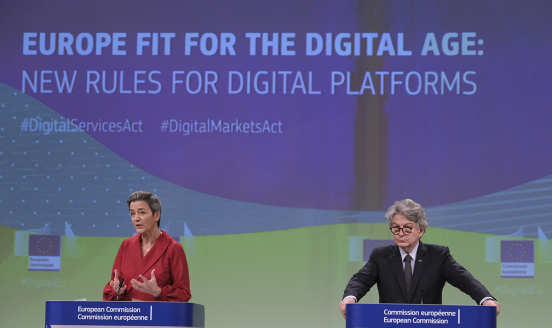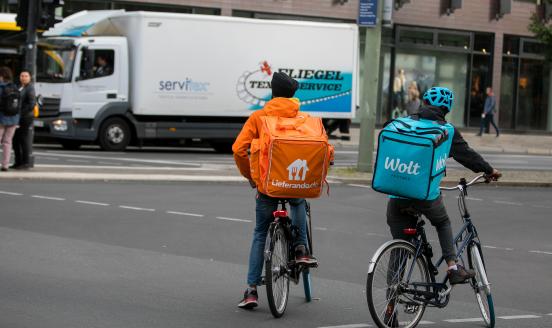The pros and cons of the EU vs Google settlement
After more than three years, the European Commission and Google are moving towards a settlement of antitrust charges: most importantly, of the allegat
After more than three years, the European Commission and Google are moving towards a settlement of antitrust charges: most importantly, of the allegation that Google intentionally demoted rivals’ links in its search engine results. The Commission opened its investigation in November 2010, and the settlement is coming after 38 months – 60% longer than usual. The delay is likely down to the high degree of disagreement around potential remedies. Google has already submitted three proposals to the Commission. The first attempts were made in July 2012 and even now complainants are strongly critical of the proposed measures: the problem is deep and the remedies are just cosmetic, they say.
The Google case is atypical in the length of time it has taken, but in terms of the outcome is very much in line with the direction European Union antitrust enforcement is taking. Since the start of the mandate of EU antitrust chief Joaquin Almunia, only one out of 11 decisions on cases of suspected abuse of market power has resulted in a formal sanction. In all the others, the companies and the Commission reached an agreement: the Commission would drop the allegations in exchange for commitments from the companies to implement measures to dispel the Commission’s concerns. The terms are no fine and no admission of wrongdoing by the company. No detailed information on the nature of the Commission’s concerns would be publicly released.
The dropping of formal sanctions is the price the Commission seems to be willing to pay to bring the market back to ‘business as usual’ as quickly as possible. Consumers can be significantly affected by the abuse, paying higher prices or experiencing lower product quality. If the implementation of remedies is delayed, the product might even no longer exist when the abuse is stopped and the company heavily punished. Between a dead lion and a living dog, the Commission no doubt opts for the latter: the Commission prefers commitments from companies over lengthy sanction processes, particularly in sectors characterised by short product lifecycles and rapid evolution of supply and demand, such as digital good markets.
Another key benefit of commitment decisions is that the Commission can shape the remedies. When a prohibition decision is taken and a company is formally sanctioned, remedies are not tested in the market. The Commission has a greater chance to get it right and impose the right corrective measures when collecting feedback on the remedy proposals during a settlement procedure. In addition, negotiated remedies can sometimes even go beyond what is strictly necessary to stop the abuse. In the past, the Commission agreed with companies on remedies that would pull down entry barriers markets. This happened in the E.ON. energy cases, for example.
But the price paid for commitment decisions may sometimes be higher than expected, particularly for markets and consumers.
When settling, the Commission loses the opportunity to establish a robust legal precedent and effectively deter future bad behaviour. The company is not truly punished. Any extra profits arising from the abuse can be retained, and the likelihood that third parties will bring actions for damages is very low. Commitment decisions do not offer any basis for follow-on claims from victims of the abuse.
Most importantly, commitment decisions are rarely challenged in the EU courts. When they are, claimants have to face another long and costly proceeding and a highly uncertain outcome. Claimants do not have access to the Commission’s investigation file and can find it hard to assess their chances of success. The ultimate effect is that, when commitment decisions are taken, the Commission has a lower incentive to construct a case that will stand up in court. The detail reported in commitment decisions is indeed much less than with prohibitions. The average commitment decision is 21 pages long, few of which are dedicated to the ‘practices raising concerns’. Prohibition decisions are on average 160 pages long, with the concerns of the Commission fully explained and substantiated by the evidence collected during the investigation. When Intel was compelled to pay a fine of €1.33 billion, the Commission published a 518 page decision.
With Google, the chance that the decision would be challenged in court is greater than normal. Nevertheless, everybody will gain if the Commission would release a more detailed commitment decision than usual, describing fully its preliminary objections to Google's behaviour. Complainants and consumers could judge whether the Commission’s case was strong enough and perhaps demand even stronger remedies. In that case, they might be tempted to opt for judicial review. Conversely, if it becomes clear that the remedies are appropriate, there would be no need to appeal the decision – and create another three years of uncertainty.



